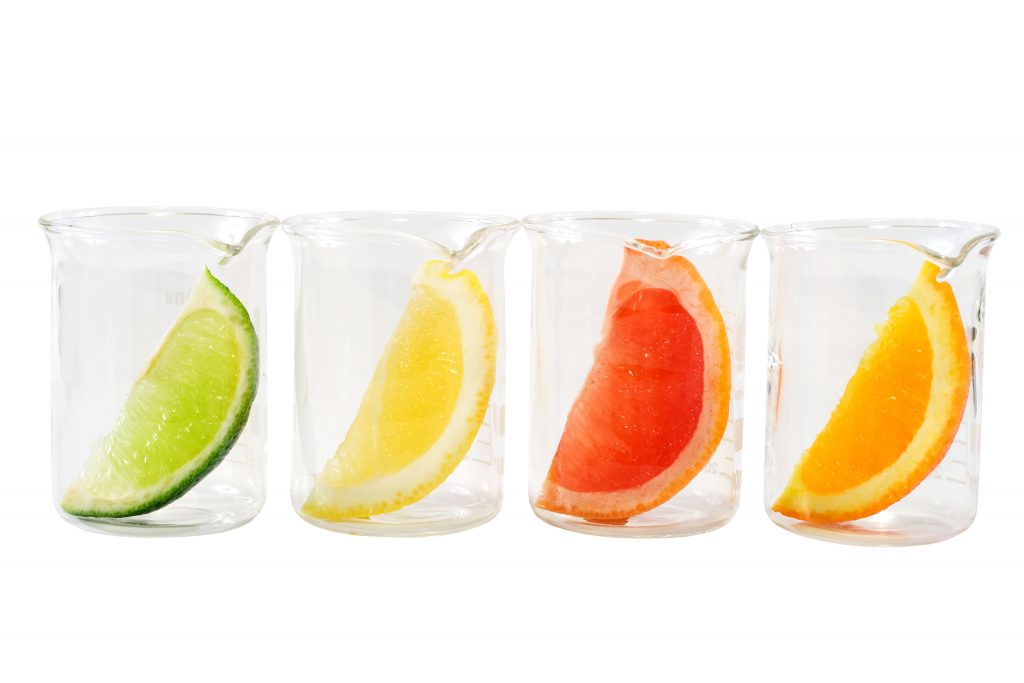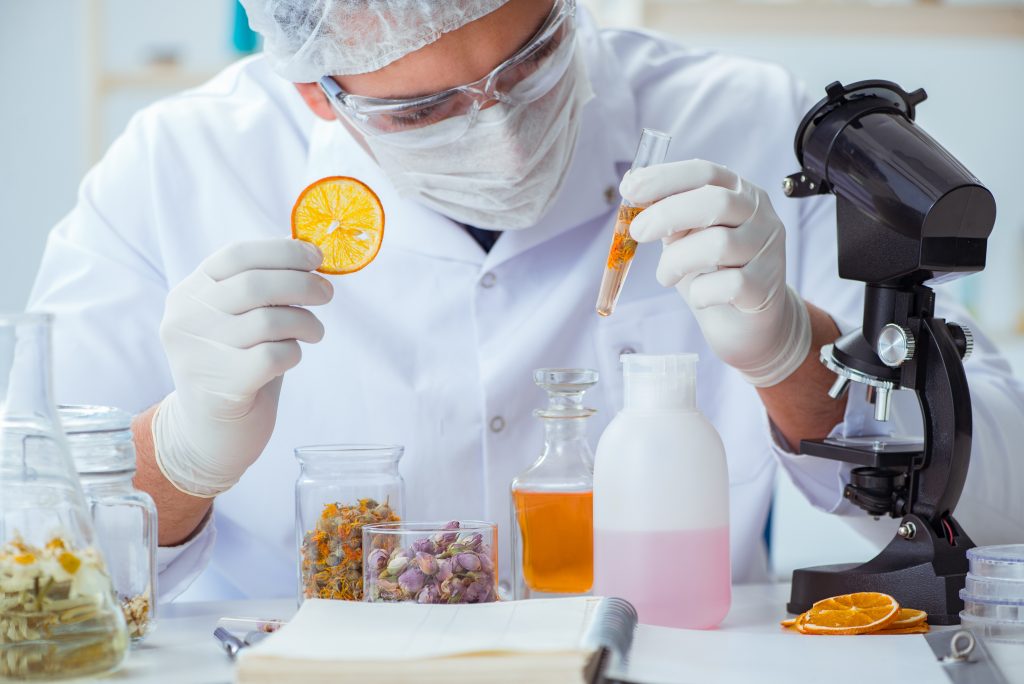2: studious inquiry or examination; especially: investigation or experimentation aimed at the discovery and interpretation of facts, revision of accepted theories or laws in the light of new facts, or practical application of such new or revised theories or laws
3: the collecting of information about a particular subject
(Source: The above information is provided directly from Merriam Webster Online Dictionary)
Why is Research Important to Aromatherapy?
Research is important for many reasons. With regard to aromatherapy and its uses, we can use research abstracts and reports as a tool within a larger toolbox to learn more about individual essential oils, their components, uses, and effects. Research also allows for aromatherapist to share with other individuals (both the layperson and the professional) about actual effective results that pertain to studies that have been conducted.
Is Research the only way to get to know the Essential Oils and Botanicals?
While research is an important aspect of gathering more information, it is not the final end-all in regards to the use of aromatherapy and botanicals. Naturally-sourced ingredients, including those from plant materials, have been around since the beginning of time. There is also the aspect of what has been learned from observation of animals in their environment and the plants they ingest-all the way to the time of first distillation and infusion of certain plant material, and now in modern times of using the power of scent as a tool to help balance and support the body, mind, and spirit. As research continues to expand and gives us yet another tool to communicate the effects of certain essential oils and their individual components, it is prudent to also not lose sight of what nature tells us through all of our senses, not just through the microcosm of a microscope.
 Mindful and Ethical Research
Mindful and Ethical Research
Should research continue to help bring more knowledge to light? While I agree that research certainly does add to the benefit of knowing more about aromatherapy, I do not feel that it should be done in the name and manner of bringing harm and even death to innocent animals. Let the humans be the guinea pigs this time around.
Can We Learn from Personal and Practical Experience?
The use of anecdotal evidence from personal experience and individual case studies is both an underused and often inaccessible method of learning. Case studies and personal-use outcomes while applied to an individual (and generally considered bias) can also be used as another educational tool for both observation and awareness. Our course aims to empower the student in learning how to log and track personal and practical experience via the development of case studies and professional practice, along with really ‘getting to know’ the essential oils and botanicals by immersing oneself into all of its parts; for a whole picture view, vs. one-sided vision or the lack of looking beyond the research.

